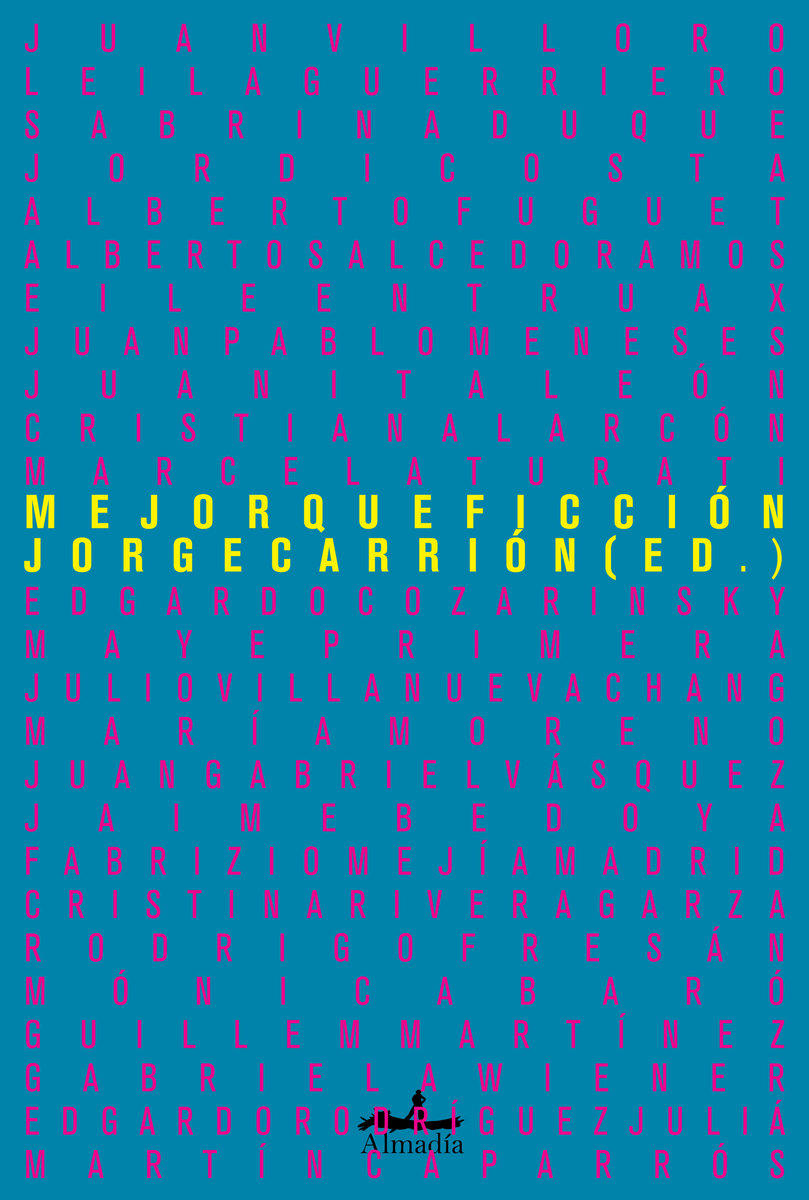En el décimo aniversario de su edición original, Mejor que ficción. Crónicas ejemplares regresa a las librerías con un nuevo prólogo y con nuevos textos. Refuerza así su condición de antología de referencia del periodismo narrativo en nuestra lengua, al tiempo que se puede leer como una vuelta al mundo y como un catálogo de estrategias y estilos para contar la difícil realidad de este cambio de siglo. El libro contiene crónicas de Juan Villoro, Leila Guerriero, Sabrina Duque, Jordi Costa, Alberto Fuguet, Alberto Salcedo Ramos, Eileen Truax, Juan Pablo Meneses, Juanita León, Cristian Alarcón, Marcela Turati, Edgardo Cozarinsky, Maye Primera, María Moreno, Julio Villanueva Chang, Juan Gabriel Vásquez, Fabrizio Mejía Madrid, Cristina Rivera Garza, Jaime Bedoya, Rodrigo Fresán, Mónica Baró, Guillem Martínez, Gabriela Wiener, Edgardo Rodríguez Juliá y Martín Caparrós. Incluye además un extenso diccionario de cronistas iberoamericanos, con centenares de invitaciones a seguir leyendo.


